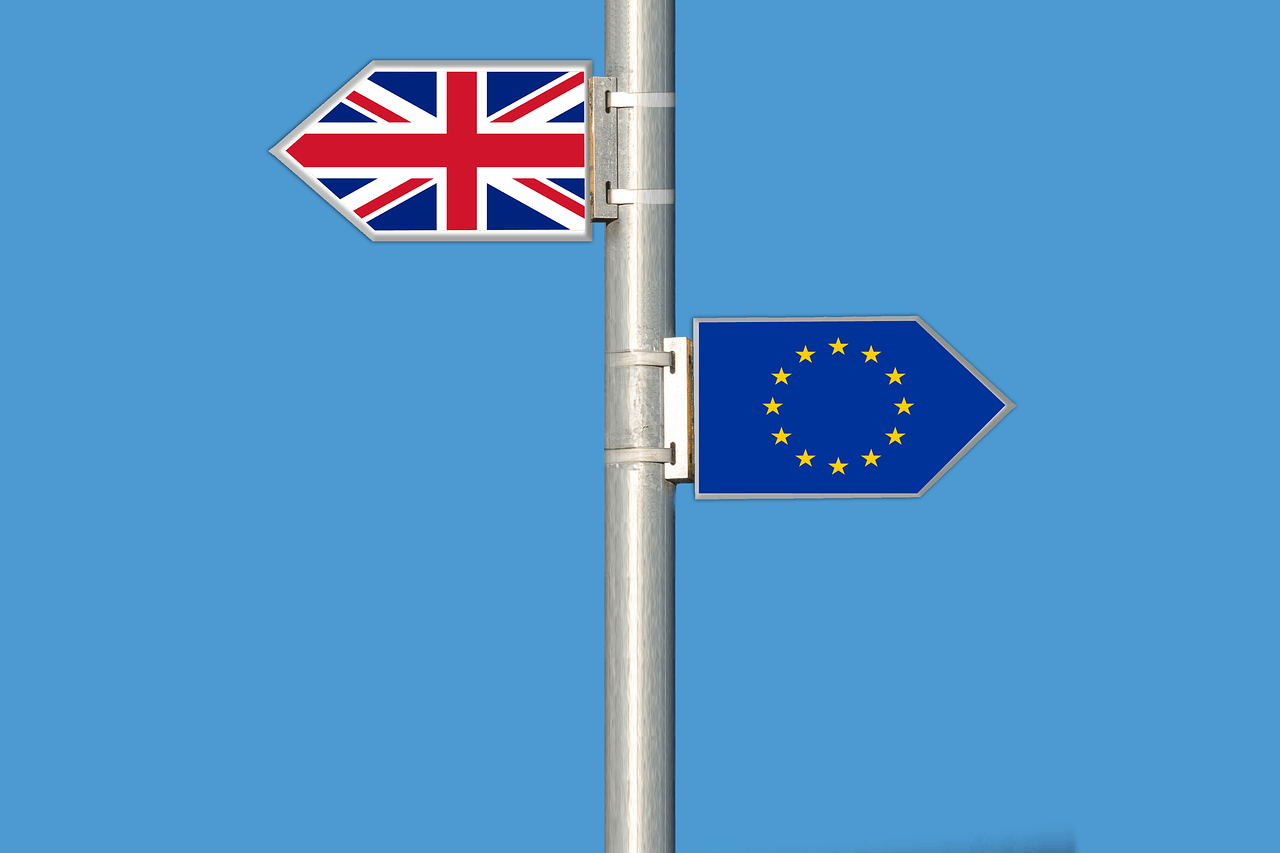On the face of it, there is little to make progressives cheerful about in British politics at the moment. In the wake of June’s Brexit vote the Labour party has begun to knock large lumps out of itself with a Mexican standoff between the parliamentary Labour party and the leader, Jeremy Corbyn. Elected with a large majority in September 2015, Corbyn now faces a challenge by backbencher Owen Smith. On the other side of the aisle, the Conservative party made an unexpectedly smooth leadership transition from David Cameron to former Home Secretary Teresa May just days after the Brexit vote.
This all could be interpreted as an unalloyed disaster for the working class and their varied interests, but I don’t think it is. Let me tell you why. On the left, Labour does have some serious and deep seated problems. Jeremy Corbyn, while overwhelmingly the popular choice of the Party’s rank and file, has been systematically undermined by his fellow MPs. In the aftermath of the Brexit vote, some saw a chance to unseat Corbyn by blaming him for the out vote. They charged that he had not campaigned sufficiently for ‘remain’ and had not provided effective leadership. A few days after the vote, one shadow minister after another resigned in a coordinated attempt to make Corbyn’s position untenable. The putsch, nicknamed the chicken coup, emphasized the distance between those in Westminster and the activist members in the country. Efforts to remove the leader went further when first Angela Eagle and then Owen Smith announced they would stand against Corbyn and force a leadership election. Recognizing that only one candidate would stand a chance of unseating the incumbent, Eagle stepped aside to allow Smith a free run. The result of the leadership vote will be announced next month.
So where is the optimism there, you ask? Well, here is the thing: both Smith and Eagle before she stepped aside have taken more progressive stances on issues such as ending austerity, tackling social inequality, and being more critical of corporate excess. Indeed, on substantive issues, they seem to support Corbyn’s platform. Where they disagree is on his leadership. In many ways Corbyn could be read as a John the Baptist figure, ushering in a new progressive left-of-centre politics. In the last leadership election, he stood out as the anti-austerity candidate uniquely prepared to resist the further marketization of British society and deeper cuts to public spending. Though heavily criticised by his opponents, Corbyn has in a year dragged the debate onto a far more interesting and progressive terrain. Because of this, Labour party membership has expanded rapidly, with numbers climbing to over 515,000 and counting, making it the biggest left of centre political party in Western Europe.
Something is clearly happening on the left, but what of the right? Here again you wouldn’t expect to find reasons to cheer. Prime Minster May has appointed what is in many ways the most right wing libertarian cabinet in recent times, and there is strong competition for that accolade. But the tone and stance of her brief election campaign and the first months of her tenure have been markedly different from her elite predecessor. Gone is the so called Notting Hill set dominated by privately educated well connected ministers, replaced by a distinctly more middle- even working-class group. May has also replaced talk of austerity and bashing welfare scroungers with standing up for those left behind, the hard working but poorly paid, and perhaps most surprising, a focus on the lack of school opportunities for working-class boys. As she said in her initial speech on the steps of Downing Street: ‘If you’re from an ordinary working class family, life is much harder than many people in Westminster realise. You have a job, but you don’t always have job security. You have your own home but you worry about paying the mortgage. You can just about manage, but you worry about the cost of living and getting your kids into a good school’.
Now, this could be all rhetoric, a cynical attempt to take advantage of the woes of the Labour party by wooing the working-class vote. But I think there is something interesting and serious going on here that reflects why so many working-class voters opted for Brexit in June. I see a clear recognition running through British politics these days of a growing body of people who increasingly feel alienated from mainstream consensus politics over the last two decades. Clearly, politicians now understand that the market has not worked for many working-class people whose wages have been frozen and working conditions undermined. They are also alienated from a political system that seems to be controlled, on both sides of the aisle, by an elite that governs in the interests of the very wealthy.
All of these issue have aligned at the same time, but their roots go back to the 1980s if not before. As someone who studies deindustrialization, I’m especially fascinated that commentators increasingly acknowledge the loss of traditional industrial work and the decimation of working-class communities as at the heart of the problem. My optimism rests on the shift in the vernacular away from the tired slogans that insist on the primacy of the market and on to more fertile ground for those with a concern for working-class issues. We can now talk openly about the effects of austerity and inequality and use the language of class in thinking about the society we live in and how we might change it for the better. Make no mistake — this is a huge shift and one to be welcomed.





